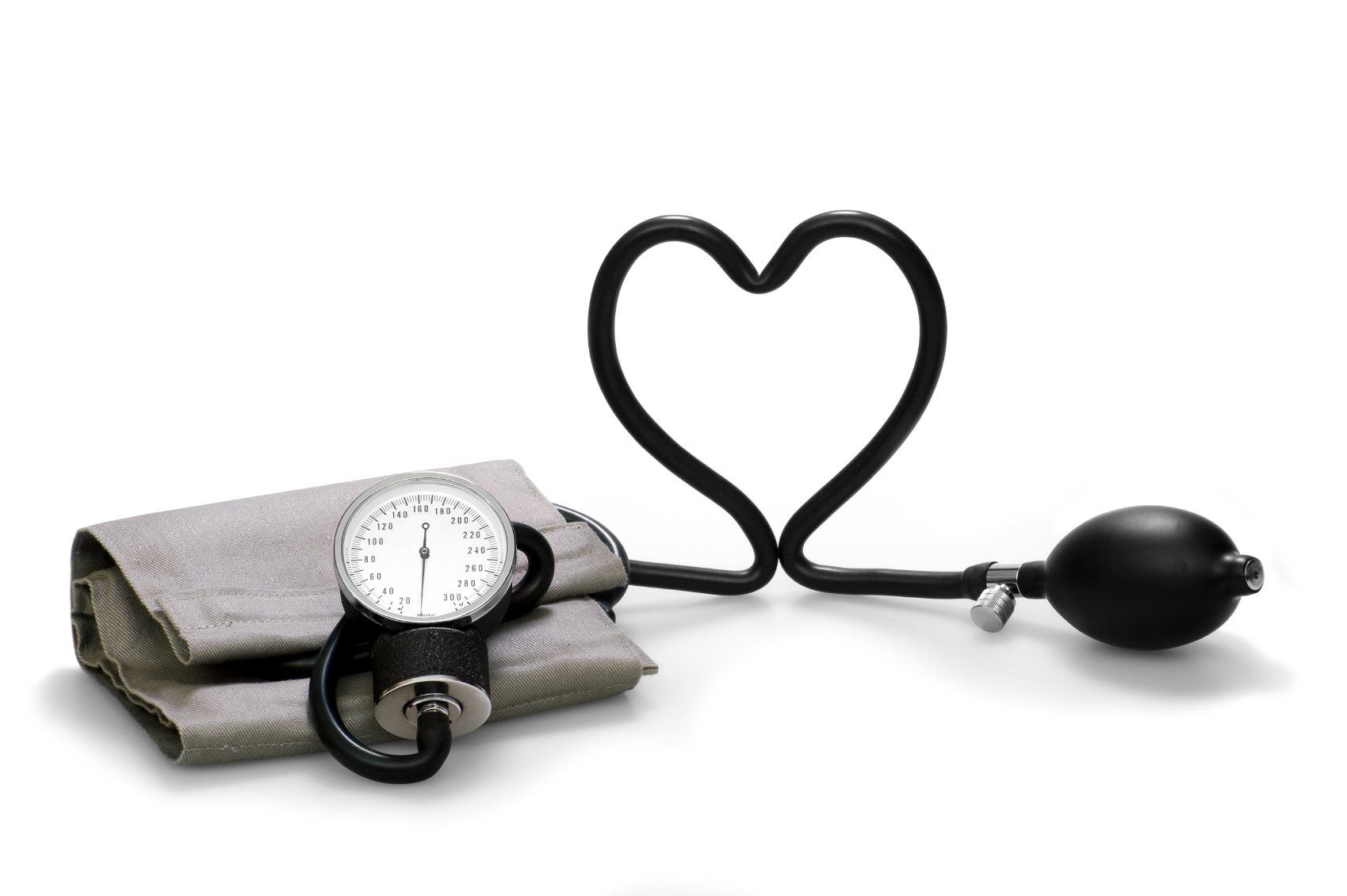Love, Joy and Peace in 2023! Health is wealth!
I wanted to start the year by highlighting a deadly health matter for women. Strokes are a killer for women. Why are women more frightened and worried about getting a breast cancer diagnosis, but they rarely mention strokes?
“Though breast cancer is, of course, a valid concern,” said Tracy Madsen, associate professor of emergency medicine at Brown University. Women may not be aware that strokesare the third leading cause of death among women in the United States, and it causes about twice as many deaths in women than breast cancer.
According to the American Stroke Association, a division of the American Heart Association, strokeskill more than 85,000 women each year and women experience about 55,000 more cases of strokes annually than men. And while women are more likely to survive a stroke, research shows they often have poorer recoveries, meaning they suffer more disabilities and impaired quality of life than men do after a brain attack.
Women are more likely than men to “develop post-stroke depression and cognitive depression,” said Louise McCullough, the Roy M. & Phyllis Gough Huffington distinguished chair of neurology at the University of Texas Health Science Center in Houston.
There is a direct connection between dementia and stroke – if you suffer a stroke, you are many times more likely to develop dementia. One of the key reasons people end up in nursing homes is because of vascular disease and dementia.
Black women are particularly at risk when it comes to strokes. Hypertension, diabetes and high cholesterol are contributing factors as are access to health care and healthy food. There are other factors influencing the health of these women. “There are definite disparities by race,” says Kathryn Rexrode, chief at Brigham and Women’s Hospital and professor of medicine at Harvard Medical School. Some of this is because of hypertension, a stroke risk factor for everyone that is a more common condition among Black people, but that does explain all of it.
There are two types of strokes: ischemic, when blood clots or other particles block blood vessels to the brain, and hemorrhagic which happens when an artery in the brain leaks blood or ruptures entirely. Most strokes are ischemic.
Some of the risk factors are controllable and treatable, such as high blood pressure – which is the No.1 preventable cause of strokes – while others such as age and family history are not.
In addition to hypertension, diabetes and atrial fibrillation, other risks include smoking, a diet high in saturated and trans-fat, cholesterol, and salt (which can raise blood pressure), obesity and physical inactivity.
Early or premature menopause, for example when ovaries are surgically removed for medical reasons, is another risk factor. Unlike exogenous hormones, experts believe natural hormones, such as estrogen, help.
“The number of years a woman is exposed to protective hormones is shortened,” Madsen explains. “The blood vessels start aging more quickly. If you have menopause at age 40, versus menopause at age 50, that’s 10 years when you aren’t exposed to the same level of hormones, and the body ages more quickly.”
Stroke symptoms common to men and women include numbness or weakness in the face, arm or leg, especially on one side of the body; sudden confusion or trouble speaking; vision problems in one or both eyes; and a sudden severe headache with no known cause. Studies have shown that some women unlike men, also can experience loss of consciousness and incontinence.
Doctors say it is critical to seek help – and fast. Call 911. Don’t drive to the hospital or let someone else drive since lifesaving care often begins in the ambulance.
The good news is that men and women respond similarly to the major lifesaving treatments available.
“The biggest message to send to women is: ‘control your risk factors.’” If you suffer a stroke and are treated promptly, a stroke can be reversed. Time is brain. The longer it goes the more brain you damage. The faster you treat, the more brain you protect.”
Prevent Strokes: What You Can Do
- Choose healthy foods and drinks. Choosing healthy meals and snack options can help you prevent a stroke.
- Keep a healthy weight.
- Get regular physical activity.
- Don't smoke.
- Limit alcohol.
- Check cholesterol.
- Control blood pressure.
- Control diabetes.
Complications may include:
- Paralysis or loss of muscle movement.
- Difficulty talking or swallowing.
- Memory loss or thinking difficulties.
- Aphasia (inability to articulate thoughts accurately.)
- Emotional problems (depression).
- Pain.
- Changes in behavior and self-care ability.
Some common effects of a stroke in the brainstem include problems with:
- Breathing and heart functions.
- Body temperature control.
- Balance and coordination.
- Weakness or paralysis.
- Chewing, swallowing, and speaking
- Vision.
- Coma.
Women know your risk factors. Own your power and put on your protective armor to take care of yourself.
Health is Wealth! Your body keeps score.

